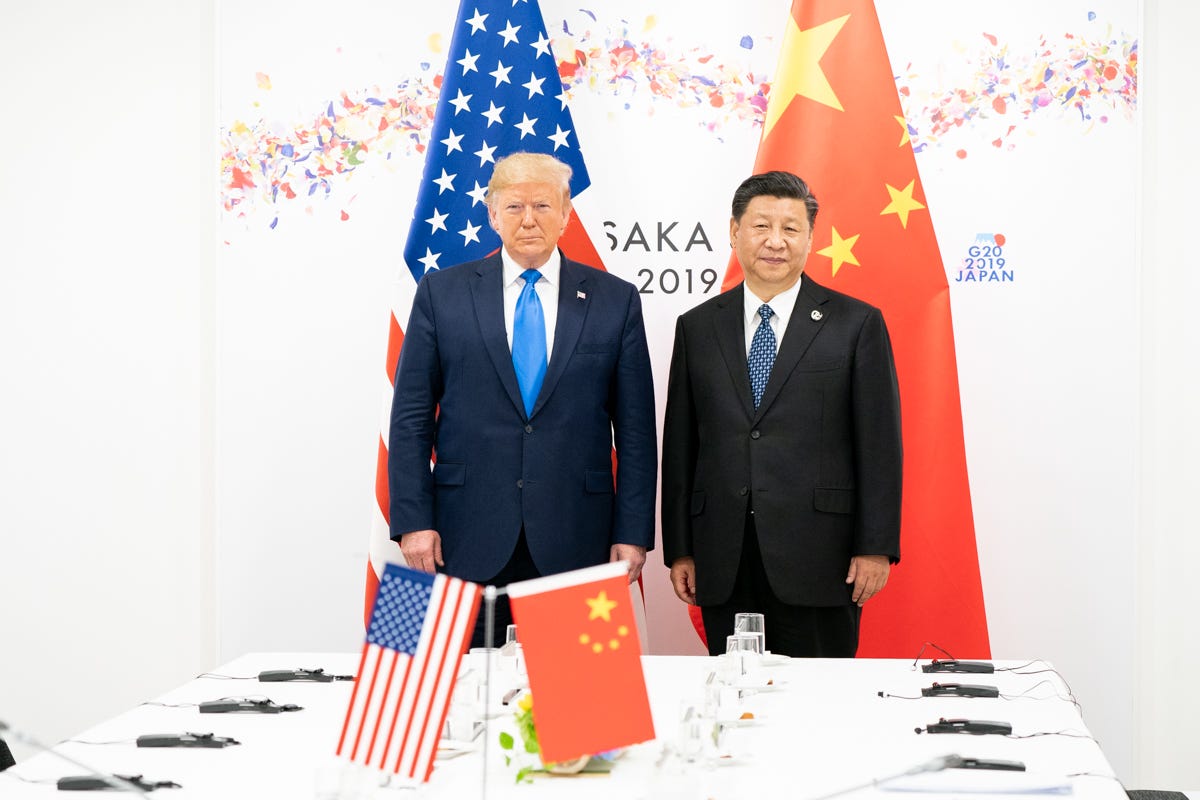Tariffs, Trade, and Machiavelli
Trump is right to say that trade needs a reset. But his response so far has amounted to a chaotic blitz of tariff declarations, suspensions, and threats.

Tariffs are neither inherently good nor bad. They are tools. And with any tool, their utility depends upon how …




